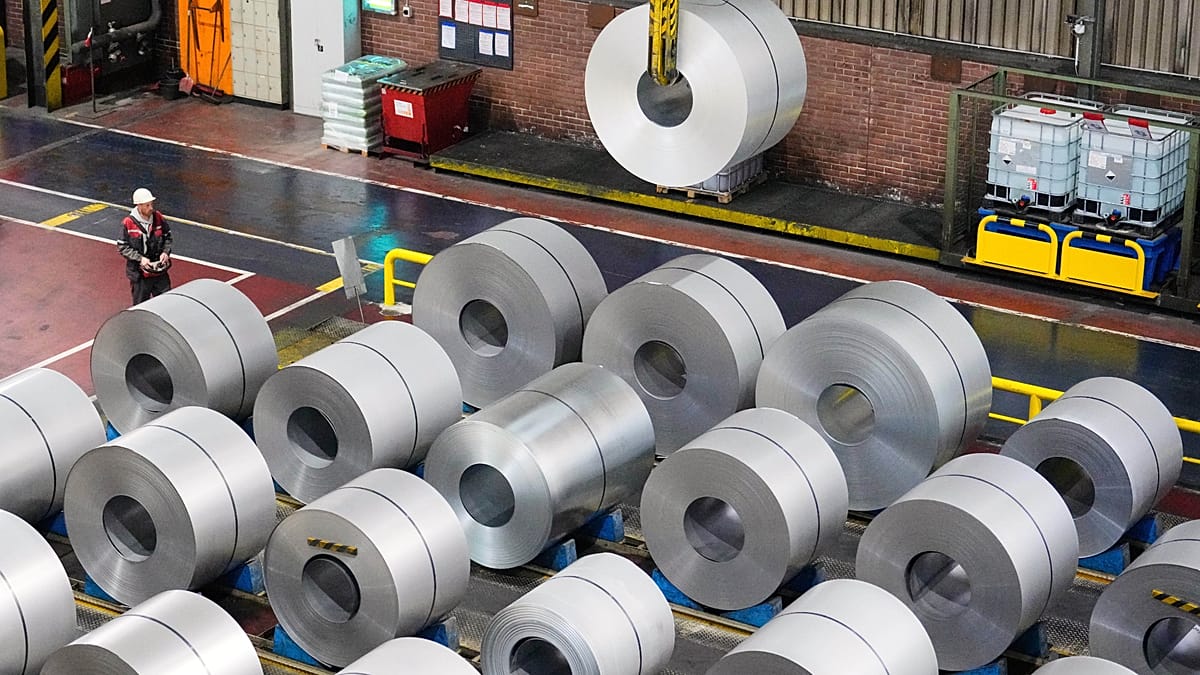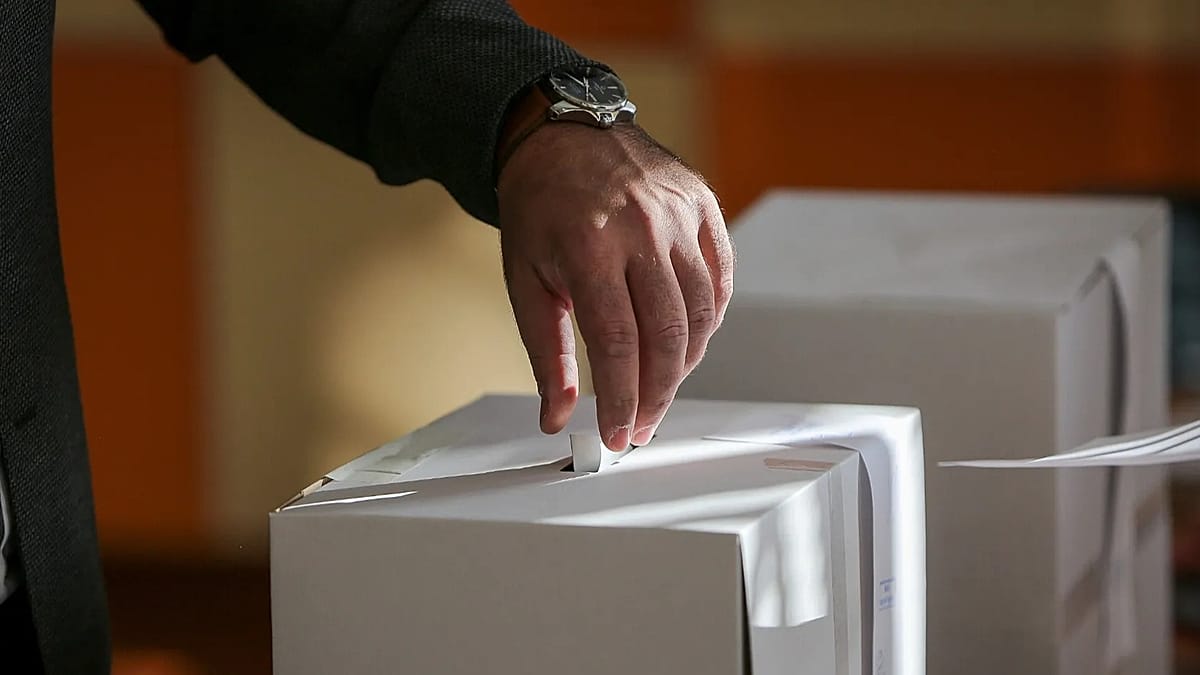
That was the question posed by one Alliance Group shareholder at a capital raise roadshow in Oamaru yesterday afternoon to hear further details of the proposal to sell 65% of the farmer-owned co-operative to Irish company Dawn Meats Group.
That farmer cited poor governance as being a “massive part” of how the co-operative got into the situation and questioned if the board had learned from mistakes made to ensure the new company would be any better.
Chairman Mark Wynne, who earlier in the meeting acknowledged that the board “owned” the situation, said six of the nine Alliance directors were new.
There had been a change in chief executive and there was only one original member of the leadership team.
“Huge change” had been undertaken to try to get better outcomes for shareholders.
During woolshed meetings last year, when the company’s governance was being questioned, he said he would accept all the criticism but had also asked for a show of hands of who would like to be a director of Alliance and there was not one hand raised.
“We have a problem among our shareholder base. We need damned good directors but we haven’t got people willing to put their hand up.”
The board had not listened well enough to that shareholder base and had not been as transparent as it should have been.
He acknowledged that trust and confidence in the co-operative had been evaporating.
He had promised it would work on communication and transparency and it had done that.
“We can’t change the past, we can shape the future,” he said.
Unaudited financial results showed the company would make a profit in the range of $18million to $24m this year but a return to profitability was not enough to fix its immediate problem.
By December 19, it had to repay $188m of outstanding bank debt.
Chief executive Willie Wiese said the banks were very impressed the business was being turned around despite having no peak flows of livestock, and also with the aggressive restructure of the business and cost reduction, and the courage shown in removing excess capacity — through the closure of the Smithfield plant — all while going through a capital raise.
But they were not impressed enough to allow an extension for the repayment of outstanding debt.
Mr Wynne said the Dawn Meats deal brought “so much more than just cash” and there was no credible alternative.
He urged shareholders to vote, saying the biggest risk in the process was apathy.
More than 30 people attended the Oamaru meeting and a similar number were at a meeting in Mosgiel in the morning where Dave Pinckney, of Glenaray Station, spoke of an alternative plan proposed by him and four fellow Southland-based shareholders to recapitalise the company and retain full ownership by farmer shareholders.
The business was now profitable and profitable businesses were bankable businesses, he said.
The profitability was a sign of “operational excellence”, something Alliance had lacked in the past.
“I believe we’ve got it now.”
He had confidence Mr Wynne and Mr Wiese could continue to keep the business profitable as a 100% farmer-owned co-operative, he said.
Shareholders voting against a proposal sent a strong signal to banks they were set to work to retain farm ownership, including providing capital to make it happen.
Strath Taieri sheep and beef farmer Jim Stevenson, who attended the meeting, said Mr Pinckney’s presentation did not affect how he would vote.
The Dawn Meats deal was exciting and a great way to align with a very successful international meat company.
“We can learn a lot off them and there are so many synergies between the two companies. It is an awesome opportunity,” Mr Stevenson said.
Alliance was profitable now but red meat prices were cyclical and the deal would help protect against a future downturn.
He thought the proposal from the Southland shareholders was a “very dangerous fairytale”.
“It is dangerous to put ideas in the heads of shareholders that they have different options.”














